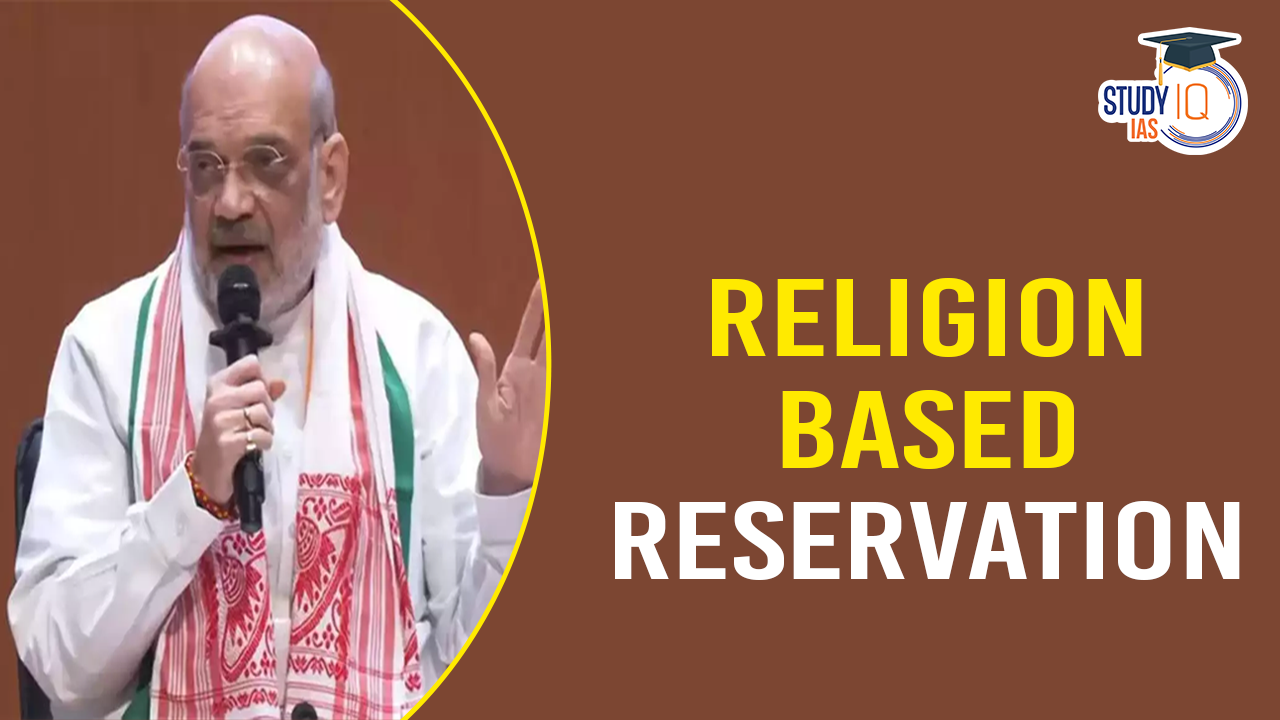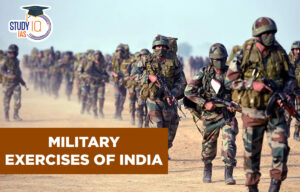Table of Contents
Context: India is currently discussing key constitutional issues related to reservations in the context of the 2024 Lok Sabha elections.
Constitutional Framework and Judicial Rulings
- Affirmative Action: The Indian Constitution facilitates affirmative action, including reservation, to correct historical injustices and social inequalities.
- Articles Enabling Reservation:
- Article 16(4): Allows the state to reserve positions in public employment for any backward classes not adequately represented.
- Article 15(4): Added by the 1st Amendment Act of 1951, it empowers the state to make provisions for the advancement of socially and educationally backward classes or for Scheduled Castes and Tribes.
- Prohibition of Religion-Based Reservation: Article 15 prohibits discrimination and reservation solely based on religion.
- Inclusion of Muslims in Reservation: Muslim castes have been included in reservations not because of their religious identity but due to their social and educational backwardness.
- Mandal Commission (1979): Recognized various backward classes including specific Muslim castes based on socio-economic criteria.
- Indra Sawhney Case (1992): Supreme Court ruling confirmed that any social group meeting backwardness criteria qualifies for classification as a backward class.
State-Level Initiatives for Muslim Reservations
- Kerala: Includes Muslims within the OBC category, reflecting about 22% of the state’s population.
- Karnataka: Justice O Chinnappa Reddy’s commission recognized Muslims as backward.
- Tamil Nadu: Offers a 3.5% sub-quota for Muslims within the 30% reservation for OBCs since 2007, excluding upper-caste Muslims.
- Andhra Pradesh: Introduced a 5% reservation for Muslims in 1994, which faced judicial challenges due to procedural issues.
- Telangana: Proposed a 12% reservation for OBC Muslims post-2014 state bifurcation to address disparities, exceeding the Supreme Court’s 50% cap on total reservations.
Judicial and Legal Challenges
Legal challenges have focused on the criteria for determining backwardness and the extent of reservations, emphasising the need for objective and equitable criteria.
Centre’s Intervention
- Justice Rajinder Sachar Committee (2006): Found Muslims nearly as backward as SCs/STs, and more so than non-Muslim OBCs.
- Justice Ranganath Misra Committee (2007): Recommended a 15% reservation for minorities, with 10% specifically for Muslims.
- Executive Order (2012): Allocated 4.5% reservation for minorities within the existing 27% OBC quota.
- Presidential Order (1950): Initially restricted SC status to Hindus, later extended to Sikhs (1956) and Buddhists (1990), but not to Muslims or Christians.
Future Considerations
Ongoing debates around the inclusion of Muslims and Christians in SC lists raise questions about the role of religion in determining eligibility for reservation benefits.


 Gender Gap in Household Chores Persists ...
Gender Gap in Household Chores Persists ...
 Utkal Divas 2025: Odisha Foundation Day ...
Utkal Divas 2025: Odisha Foundation Day ...
 List of Military Exercises of India 2024...
List of Military Exercises of India 2024...





















